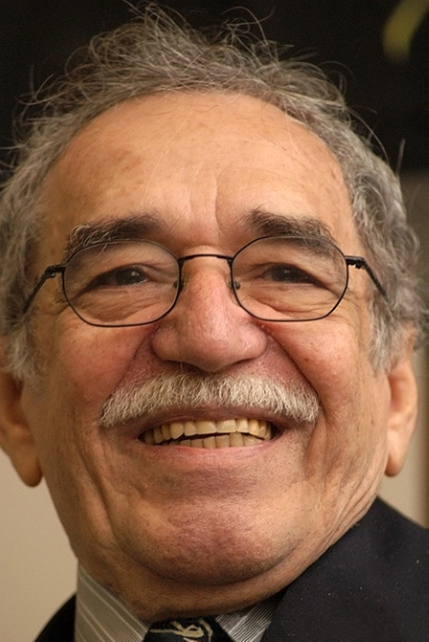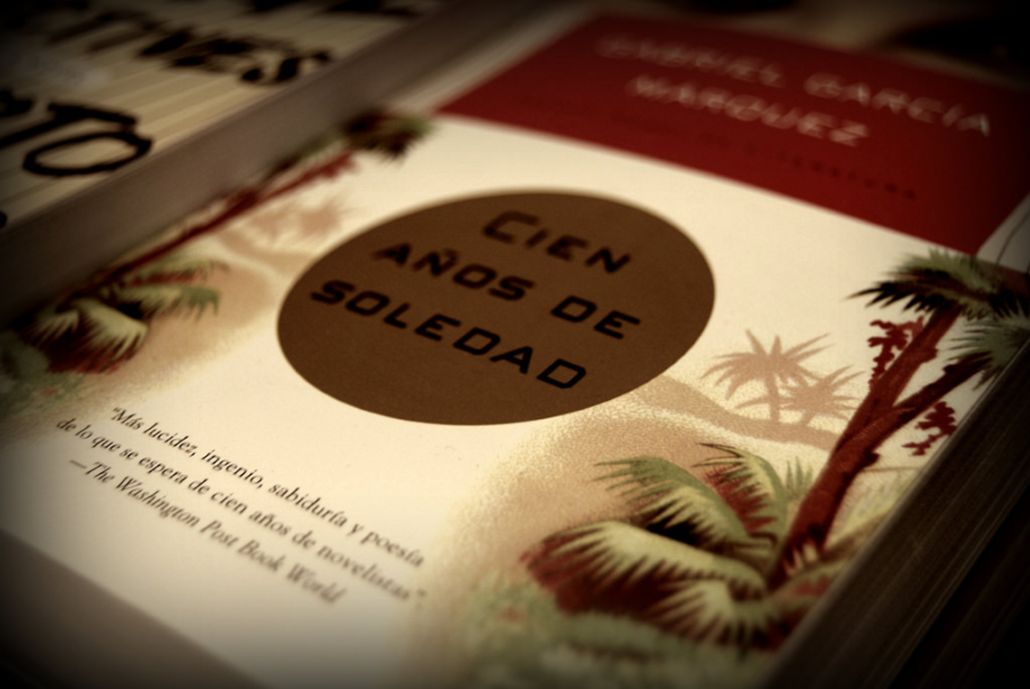10.1: Lectura Cultural
- Page ID
- 44604


Gabriel García Márquez fue un periodista y autor colombiano que recibió el Premio Nobel de la Literatura en el año 1982. Nació en Aracataca, Colombia en 1927, en una región montañosa cerca del Caribe. Sus obras representan bien el realismo mágico, un movimiento literario que fue muy popular en Latinoamérica durante la segunda mitad del siglo XX. En este estilo literario, cosas que se consideran extrañas, fantásticas, mágicas, o irreales en nuestro mundo aparecen en el mundo de los personajes (characters) como si fueran comunes. Por ejemplo, si una nube de mariposas sigue a una muchacha, les queda claro a los personajes que la chica está enamorada.
Su novela más famosa es Cien años de soledad que se publicó en 1967. Desde entonces, ha vendido más de 50 millones de ejemplares (copies) y se ha traducido a más de 40 idiomas. Y, no fue su único éxito (success). Él también escribió muchas novelas de gran aceptación (acclaim) como El amor en los tiempos de cólera, y muchos cuentos (stories) y guiones (scripts). En sus obras, se puede encontrar fuertes críticas políticas a los gobiernos de Colombia y otros países por permitir mucha influencia de grandes corporaciones, por el militarismo, y por olvidar (forget) a la gente aislada (isolated) de Colombia y del mundo. Fue muy amigo de Fidel Castro y apoyó muchas causas izquierdistas. Después de una vida larga, Gabriel García Márquez murió en el año 2014, pero el legado de su carrera impresionante seguirá para siempre.
Before beginning Chapter 10, it is important to recognize which skills and tasks you will be expected to learn to perform. Do you already have some previous skills or knowledge in these areas that you can use to your advantage? Are there any topics that you foresee being difficult? If so, it is a good idea to pursue additional assistance to get ahead of any potential issues. You are the master of your education—you have the power to take ownership of your learning!
After completing this chapter, I will be able to:
· Discuss things that have happened using the present perfect.
· Give commands and make suggestions.
· Discuss things that may or may not occur.
· Discuss wishes and desires one holds for others.
· Make recommendations.
· Recall vocabulary related to special occasions and important life moments.
· Discuss the future.
· Discuss matters using the conditional.
Pre-chapter activity
Pre-activity: An important part of this chapter involves describing events that have occurred. In this activity, you will interpret the paragraph below that describes what they author has done this week. Follow the steps below to describe what you have done this week.
Marta: Esta semana, he estado muy ocupada. He trabajado todos los días. También, he asistido a clase y he ido al supermercado. He estudiado mucho, porque he tenido dos exámenes esta semana. No he pasado tiempo con mis amigos. ¡Ha sido una semana loca!
During-activity:
Paso uno: Check Sí or No depending on whether or not the statement you have done the following things this week.
1. Yo he estado muy ocupad@.
2. Yo he trabajado todos los días.
3. Yo he ido al supermercado.
4. Yo he estudiado mucho.
5. Yo he tenido un examen.
6. Yo he pasado tiempo con amigos.
Paso dos: Interview a classmate about what they have done this week using the questions below. Note their responses by filling in their name in the first blank and adding “no” in the second blank if their response is negative.
1. ¿Has estado muy ocupad@?
________ ________ ha estado muy ocupad@.
2. ¿Has trabajado todos los días?
________ ________ ha trabajado todos los días.
3. ¿Has ido al supermercado?
________ ________ ha ido al supermercado.
4. ¿Has estudiado mucho?
________ ________ ha estudiado mucho.
5. ¿Has tenido un examen?
________ ________ ha tenido un examen.
6. ¿Has pasado tiempo con amigos?
________ ________ ha pasado tiempo con amigos.
Pre-chapter activity
Pre-chapter activity
Paso tres: Check the boxes to show what the two of you do and do not have in common. Check Sí only if you both answered in the affirmative. Check No if you both answered in the negative or if once person answered Sí and the other answered No.
1. Mi compañer@ y yo hemos estado muy ocupad@s.
2. Mi compañer@ y yo hemos trabajado todos los días.
3. Mi compañer@ y yo hemos ido al supermercado.
4. Mi compañer@ y yo hemos estudiado mucho.
5. Mi compañer@ y yo hemos tenido un examen.
6. Mi compañer@ y yo hemos pasado tiempo con amigos.
Paso cuatro: Write five sentences about what you have done this week in the box below. Be prepared to discuss with a partner and/or the class.
Post-activity:
With a partner, discuss what you notice about how the language works when discussing events that have happened. Be prepared to discuss as a class.


